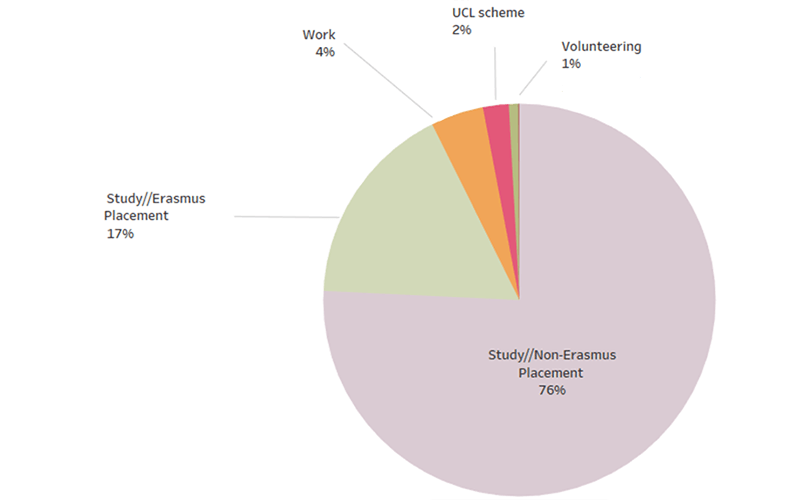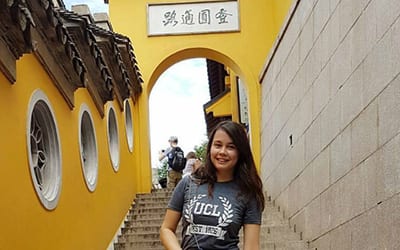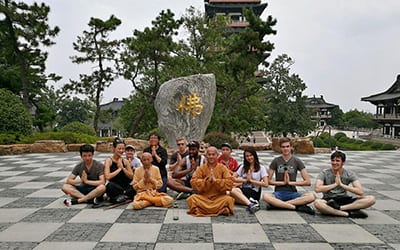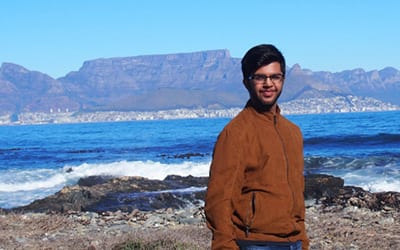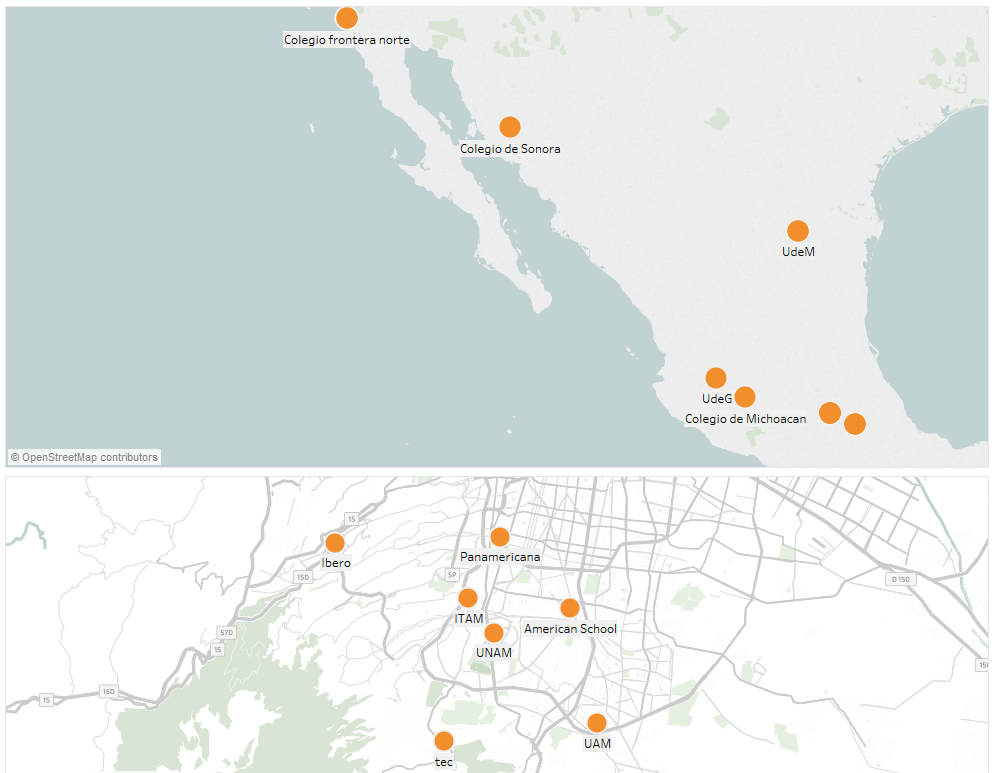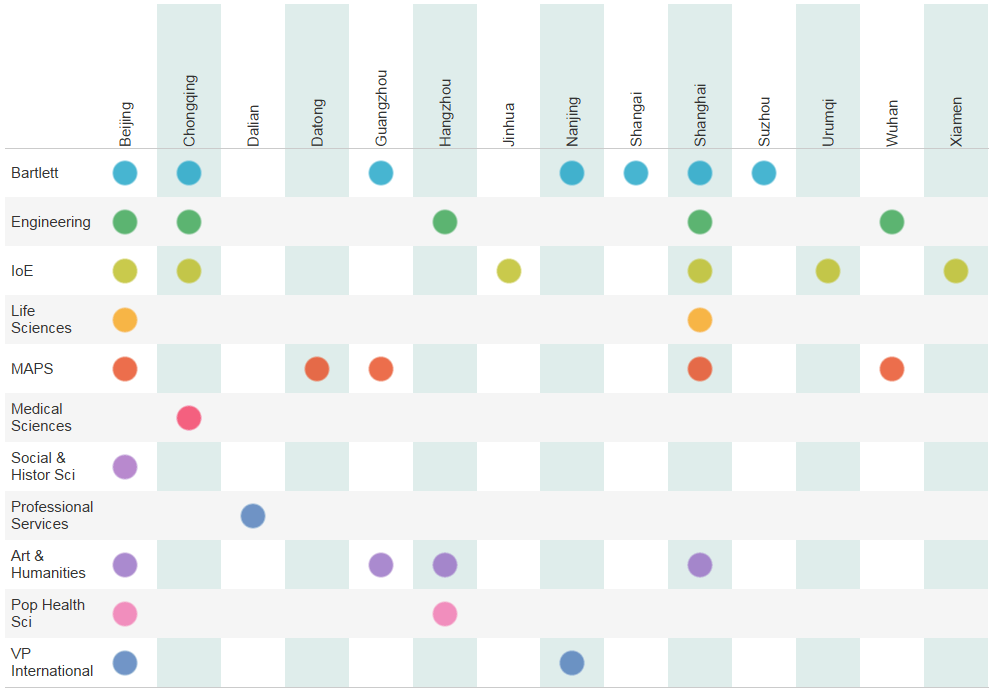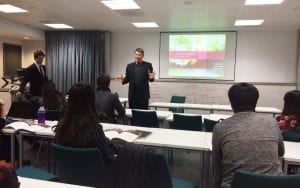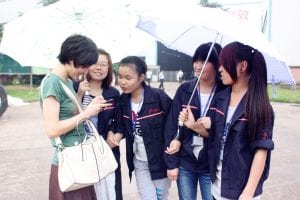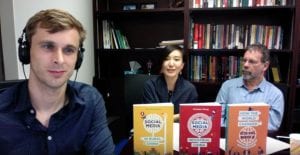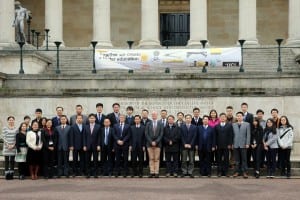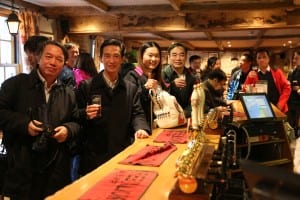Apply for a 2021 Yenching Academy Scholarship
By j.chua, on 27 May 2020
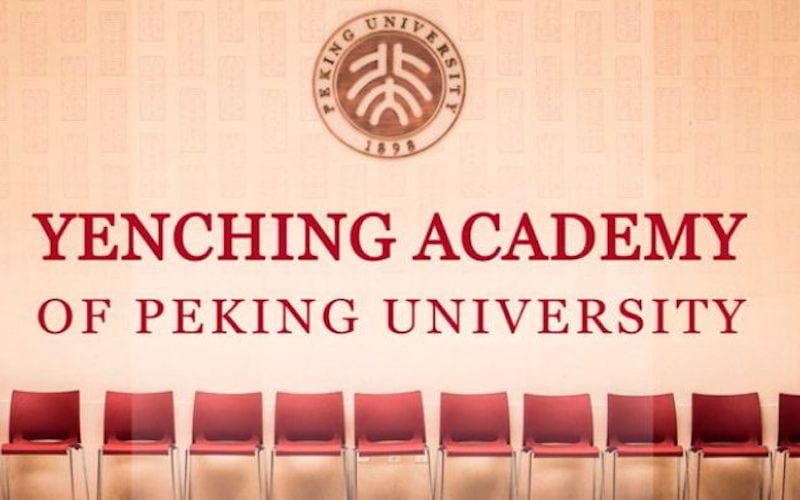 UCL students wanting to develop their understanding of China and its role in the world can apply to study in Beijing on a fully funded Master’s scholarship at Peking University (PKU). Applications are now open for scholarships beginning in September 2021.
UCL students wanting to develop their understanding of China and its role in the world can apply to study in Beijing on a fully funded Master’s scholarship at Peking University (PKU). Applications are now open for scholarships beginning in September 2021.
The Yenching Academy of PKU offers a highly customisable Master’s program in China Studies for English speakers with varied levels of Chinese language competency. At the core of the program lies its emphasis on interdisciplinarity and the value it assigns to thinking about China’s past, present and future – from both Chinese and international perspectives. It also aims to push the study of China beyond the boundaries of traditionally defined humanities and social science disciplines, and is designed to incorporate the experiences and intellectual training of its diverse student body.
Scholars are allowed flexibility in the design of their study programmes and can choose courses from any of six research areas, one of which they will choose for their theses. A wide range of electives offered by the Academy and other Peking University schools and departments supplements core courses. Our interdisciplinary approach encourages dialogue across academic disciplines, and creates an environment conducive to innovative and fruitful exchanges of ideas.
Yenching Academy hosted a virtual information session on Zoom for interested UCL candidates on 26 October 2020. You can view presentation slides from the session here. To register for upcoming virtual information sessions on 16, 18, 23 and 25 November 2020, please see here.
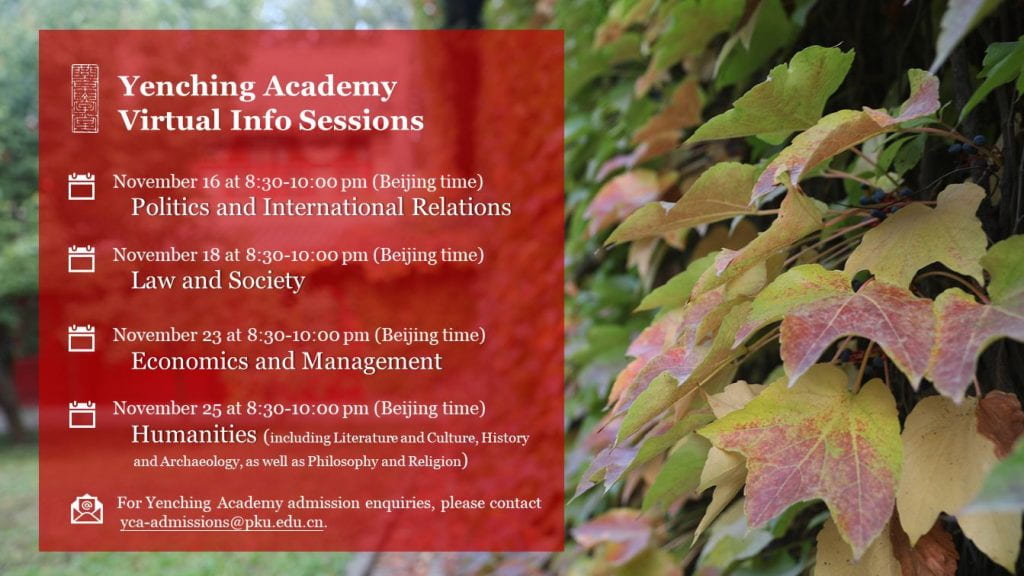 Application process
Application process
UCL will carry out preliminary evaluation of applications submitted by their own students and alumni. Based on this assessment, they nominate students for interviews conducted by the Yenching Academy. Please note that this route is not open to Chinese nationals.
How to apply: Applications should be sent to Professor Vivienne Lo (v.lo@ucl.ac.uk) in the first instance. Those nominated through UCL’s internal pre-selection process will then be directed to submit their application through the Yenching Academy admissions portal. UCL alumni may choose to apply through the admissions portal directly but will still need to contact Professor Lo to have their application approved.
Extended deadline for UCL applications: Friday 27 November 2020
More details can be found at the admissions portal link above and you can read about UCL graduate James Ashcroft’s experience on a Yenching Academy scholarship here.
 Close
Close




